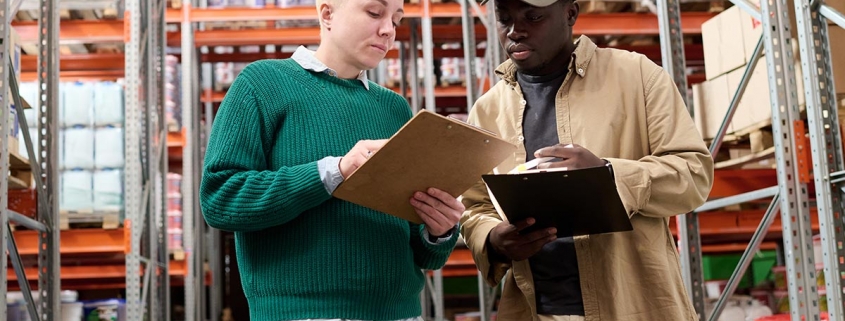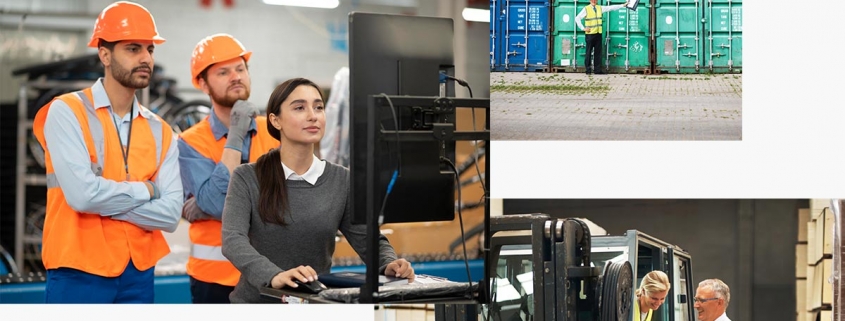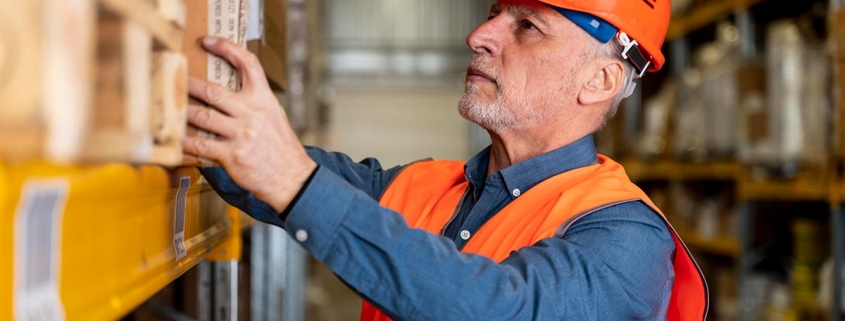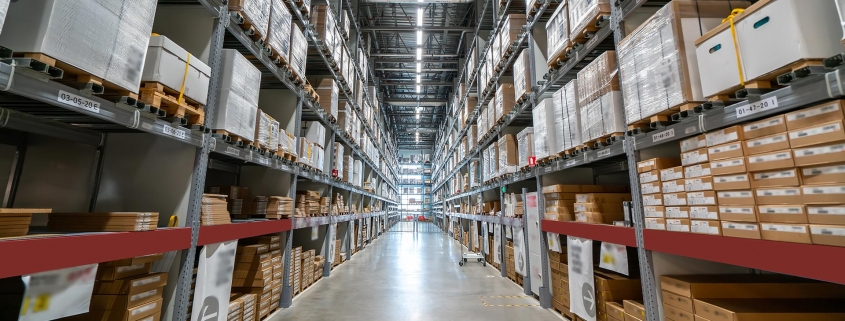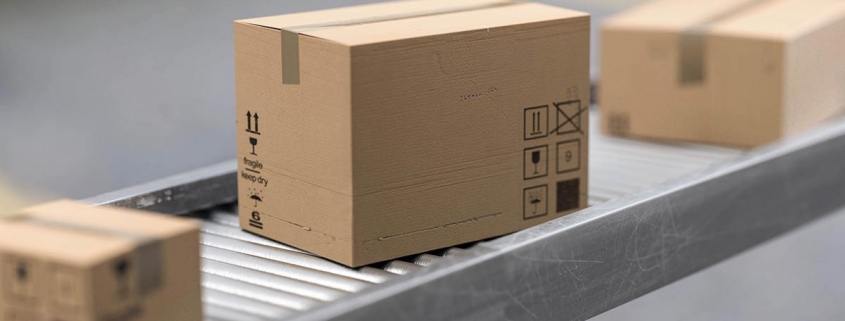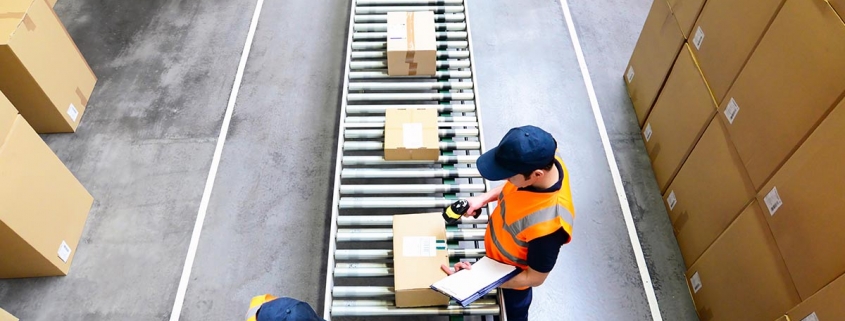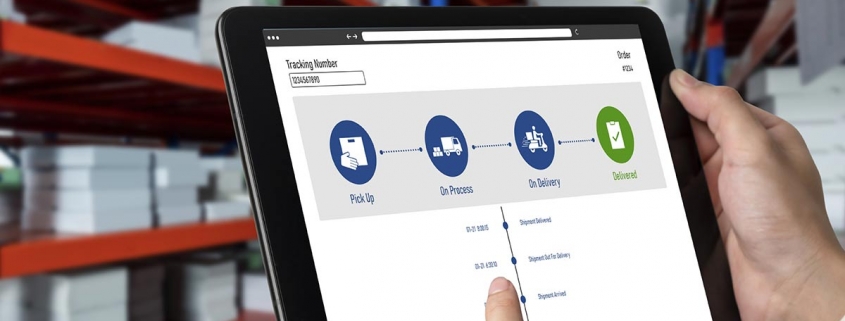? #InternationalLogistics #CustomsCompliance #CrossBorderTrade
Hello, everyone! Today, let’s talk about addressing customs compliance and cross-border trade challenges in global trade.
Challenges of Customs Compliance:
Complex Regulations: Each country has different customs regulations, making it complex to understand and comply with them.
Cumbersome Documentation: Customs paperwork and reporting are time-consuming tasks, and errors can lead to delays in goods.
Tariffs and Taxes: High tariffs and taxes can impact your profits.
Solutions:
Automation Tools: Utilize modern software and technology to streamline compliance processes and reduce errors.
Expert Knowledge: Seek professional customs consultancy to ensure compliance in your business.
Global Trade Agreements: Leverage international trade agreements to reduce tariff expenses.
Hot Topics:
Digital Transformation: Digital tools like blockchain and big data are gaining popularity in customs compliance.
Global Supply Chain Resilience: During the pandemic, supply chain resilience and flexibility became hot topics, and compliance is a part of it.
Conclusion:
Cross-border trade is crucial in the era of globalization. Understanding customs compliance and taking appropriate measures can help you overcome the challenges of cross-border trade. Thanks for tuning in!

